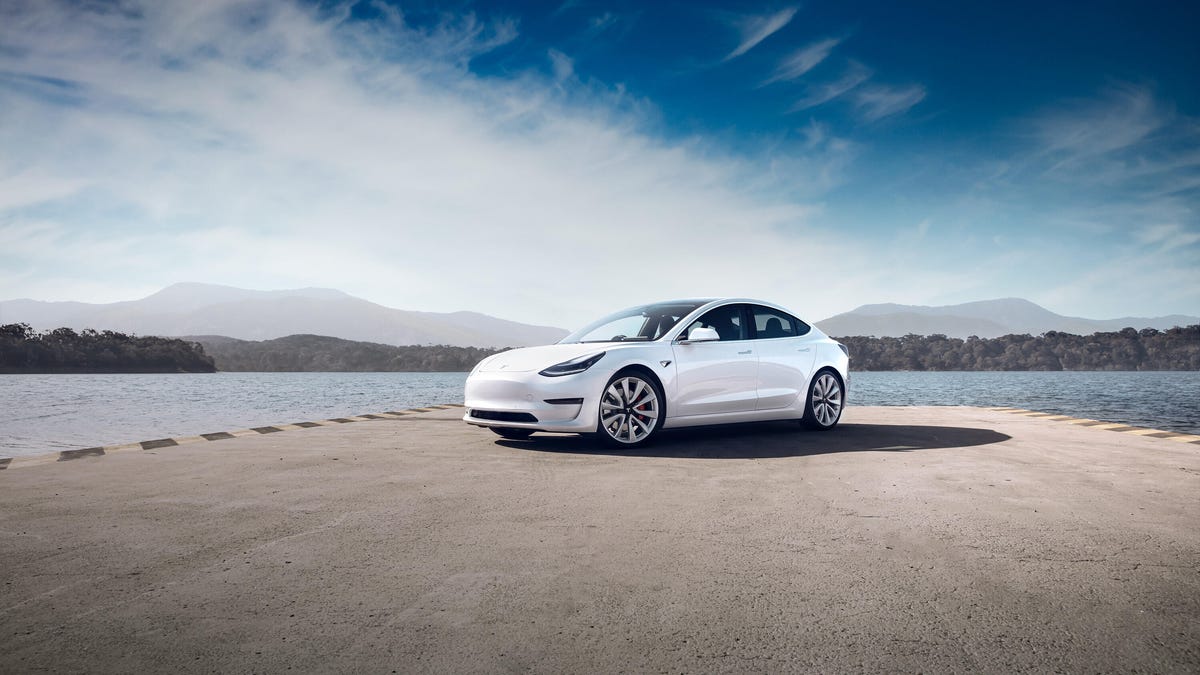Castrol releases study trying to find the tipping point for EV adoption
The study takes data from nearly 10,000 individuals and finds that their expectations aren't that far from reality.

Tesla's Model 3 was supposed to be the car that converted the world to electric vehicles and while it got part-way there, it was still too expensive.
More and more manufacturers are pushing the development of electric vehicles and their related infrastructure, but so far, the public has yet to adopt the cars en masse. Unlocking the reasons behind that are of great interest to automakers, the media and legislators -- basically everyone -- for reasons that should be pretty obvious.
To try and find what the public's tipping point will be for EV adoption, Castrol (of all companies) decided to bankroll a study. The resulting 50-page document requires a bit of commitment to get through, but what you're likely interested in are the headline figures, the study's methodology and Castrol's motives.
To start, let's get the methodology out of the way because numbers can mean anything without context, and given that this study comes from an oil company, it's best to approach it with a healthy dose of skepticism. The bulk of the data comes from 9,000 vehicle owners from eight countries, including the US, UK, China, India, France, Japan and Norway. The rest of the data comes from 750 fleet managers and 30 automotive industry professionals, which Castrol defines as OEMs, Tier 1 suppliers and "battery and technology innovators." As to Castrol's motives, that's easier -- it wants to sell EV-specific lubricants and coolants.
So now that we know the sample size and makeup, what does this group of nearly 10,000 people tell us about the hurdles of EV adoption? Well, the three significant milestones to hit -- according to the study -- include a range of 291 miles, a charging time of 31 minutes and an average purchase price of approximately $36,000.
Those are all surprisingly reasonable, right? The truth is that all three of those are available right now from several manufacturers, but the catch is that we're still in a situation where you can't have all three in one car. For example, the Tesla Model S will do over 291 miles, but it costs a hell of a lot more than $36,000. Plenty of EVs will fast charge in around 30 minutes (at least to 80%), even ones that cost under $36,000, but they won't get close to 291 miles of range.
Where does that leave us, then? Well, it paints a rosier picture for the future than we might otherwise have expected. Battery technology is improving all the time, and even most of the more affordable electric cars can get reasonably close to 200 miles of range. Continued development should put us closer to that 300-mile range mark inside of a few years. Once engineers figure out solid-state batteries, we'll likely go way beyond that with even more favorable charging characteristics.
Until then, though, EVs will likely remain the province of folks who live in cities with robust infrastructures for charging and short commutes.

